United against impunity
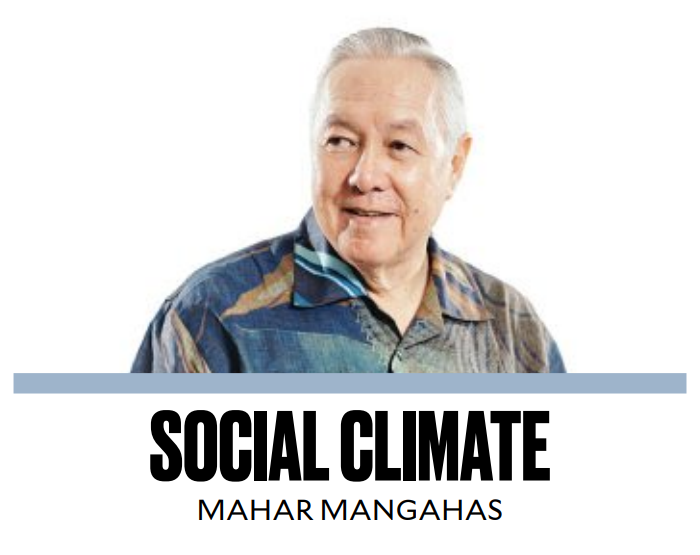
The recent Social Weather Stations (SWS) poll on former president Rodrigo Roa Duterte (RRD), done on Feb. 15-19, found 51 percent agreeing, versus 25 percent disagreeing, to hold him to account for the killings in his “war on drugs” (“SWS confirms February 2025 Survey item for Stratbase Consultancy on whether former pres. Rodrigo Duterte should be held accountable for the killings related to illegal drugs during his administration,” www.sws.org.ph, 3/19/25). It is a sponsor’s call as to when to publicly release a poll; it is the pollster’s duty to publicly confirm it.
Two-to-one is a continuing score against impunity. This Stratbase-sponsored poll showed Filipinos as definitely united against impunity as of early this year. Its two-to-one ratio maintains the strong scale of public support, earlier seen in four SWS opinion polls in 2023-24, of the International Criminal Court’s investigations into the extrajudicial killings (EJK) during RRD’s time as Davao mayor and then as president, before the government withdrew from ICC jurisdiction (see “Public opinion supports the ICC,” 3/15/25). Note that the government withdrew itself from that point on, but could not withdraw from crimes already committed before its withdrawal.
Obviously, the Stratbase survey question could not have referred to RRD’s arrest, which happened later, on March 11. But the arrest was the logical result of the ICC’s finding evidence strong enough to warrant it. Thus, the public sentiments favoring the ICC investigations, as polled in 2023-24, and favoring his accountability for the killings, as polled last month, presumably carried over to favoring his arrest also.
I think the arrest would have solidified public approval of getting the case handled by the ICC, pushed some fence sitters to the approval side, and persuaded some oppositionists to reconsider their positions. All in all, it would have encouraged Filipinos to speak openly against the injustice of the killings.
I don’t think that public demonstrations against the arrest, whether here in the Philippines or there in Scheveningen, are likely to weaken the forces against impunity, because they don’t tackle the overriding issue of whether RRD is guilty of the charge of multiple murder as a crime against humanity. The issue of guilt is the elephant in the room that RRD partisans pretend not to see.
The partisans aren’t denying the charges; what they’re trying to do is to help RRD avoid punishment. They only keep repeating RRD’s claim that the killings were justified, in other words, that the EJK victims deserved to die. (And, implicitly, that RRD’s election as president was an authorization to fulfill his promise to kill.) I don’t think that’s persuasive to the Filipino people as a whole.
I think that Filipinos as a whole are well aware that true justice for the crimes against humanity was impossible during all of RRD’s time as mayor and then his six years as president, and that it was not being seriously pursued during the first two years of the presidency of Ferdinand Marcos Jr. despite the thousands of victims who died. These are precisely the conditions for which the ICC was designed to serve as a last resort.
An opinion poll cannot be “lawyerly.” The issue of jurisdiction over the EJKs is inappropriate for a general opinion poll. As the eminent lawyer Raul Pangalangan, former Inquirer publisher and former ICC judge himself, has said in an interview with Rappler, “The jurisdiction of the ICC is the jurisdiction of the ICC.”
If the people have a clear position about the ICC investigations, and about RRD’s accountability, it follows that they also have a clear position about his being arrested and handed over to the ICC. It further follows that they are not disturbed by alleged violations of national sovereignty.
Further polls might ask different questions. They could ask for perceptions about the fairness and justice of RRD’s present confinement without bail. About the appropriate visiting privileges. About the fairness of the amenities, or shortage of them, in his present quarters. About the fairness of the probable length of his prison sentence, in case the ICC finds him guilty.
A poll could look into perceptions of what, in due time, might be adequate or appropriate atonement for the crimes committed. The Philippines has already had high ranking government officials confined for lengthy periods, in the past—Joseph Estrada, Gloria Macapagal Arroyo, Juan Ponce Enrile—who later on rehabilitated their reputations among the electorate and won themselves high positions, though not the same ones. Might RRD share their fate?
Dr Mahar Mangahas is a multi-awarded scholar for his pioneering work in public opinion research in the Philippines and in South East Asia. He founded the now familiar entity, “Social Weather Stations” (SWS) which has been doing public opinion research since 1985 and which has become increasingly influential, nay indispensable, in the conduct of Philippine political life and policy. SWS has been serving the country and policymakers as an independent and timely source of pertinent and credible data on Philippine economic, social and political landscape.




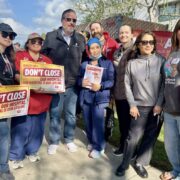

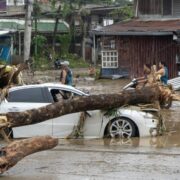


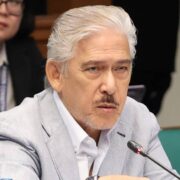

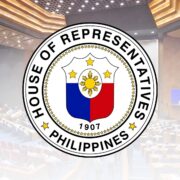
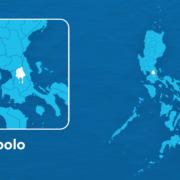
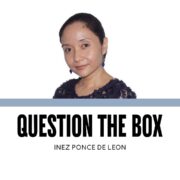







Indigenous peoples’ rights: The Asean paradox